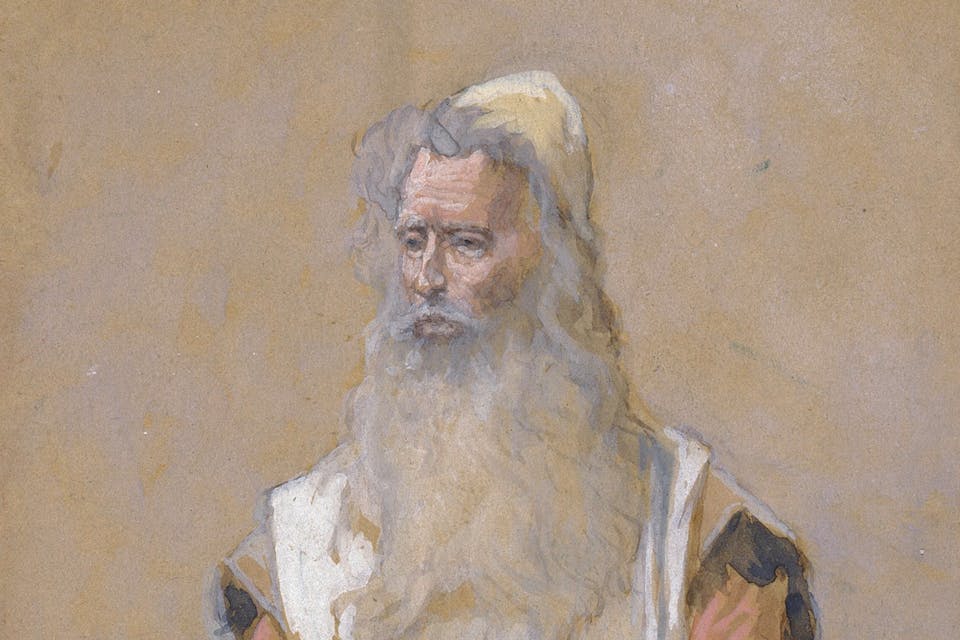
August 13, 2015
How Moses Let Go
For 40 years, Moses held tight to the Jews lest they relapse into idol worship. As his time drew to an end, he forced himself to loosen the reins.
This week’s Torah reading of Re’eh (Deuteronomy 11:26 – 16:17) covers a vast swath of time, but it’s centrally devoted to the aging Moses’ effort to engineer the Jewish future. The thread running through it can be traced back to a recurring issue in Israelite life over the previous four decades in the desert—an issue codified much earlier in the book of Leviticus (17:3 – 4):
Every single man of the house of Israel
who slaughters a bull or sheep or goat, in camp or out,
and doesn’t bring it to the meeting-tent door
to sacrifice a sacrifice to the Lord before the Lord’s abode—
blood will be that man’s reckoning. He’s spilled blood,
and that man will be cut off from within his people.
The present Torah reading is loaded with dietary laws—what animals you can eat, how you can eat them, what festivals you must observe and which animals can be sacrificed and eaten on them—but the central issue remains the same, and can be summarized as the tension between family life, with all its temptations, and worship of the Lord. Not that there is any necessary contradiction between the two. The problem, instead, is idol worship, which Moses perceives as the ultimate sin lurking at the door: the sin that is liable to get the children of Israel slung out of their hard-won inheritance in the land the minute he closes his eyes and hands over their tender care to Joshua. How can he be sure everything’s not going to go wrong once he’s dead and buried?